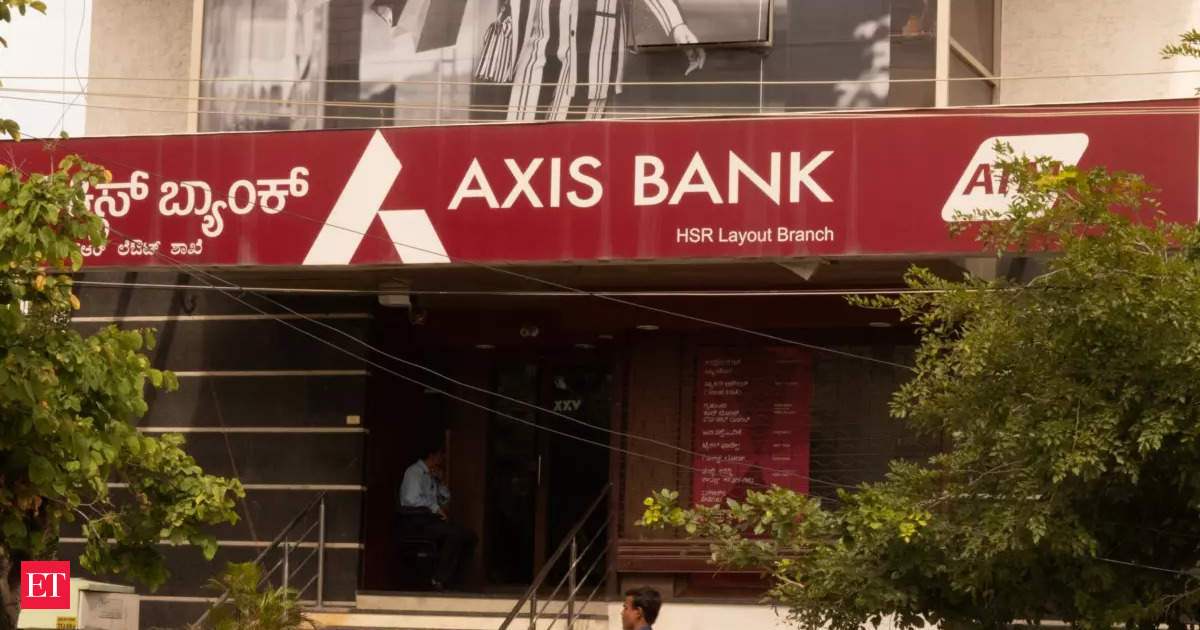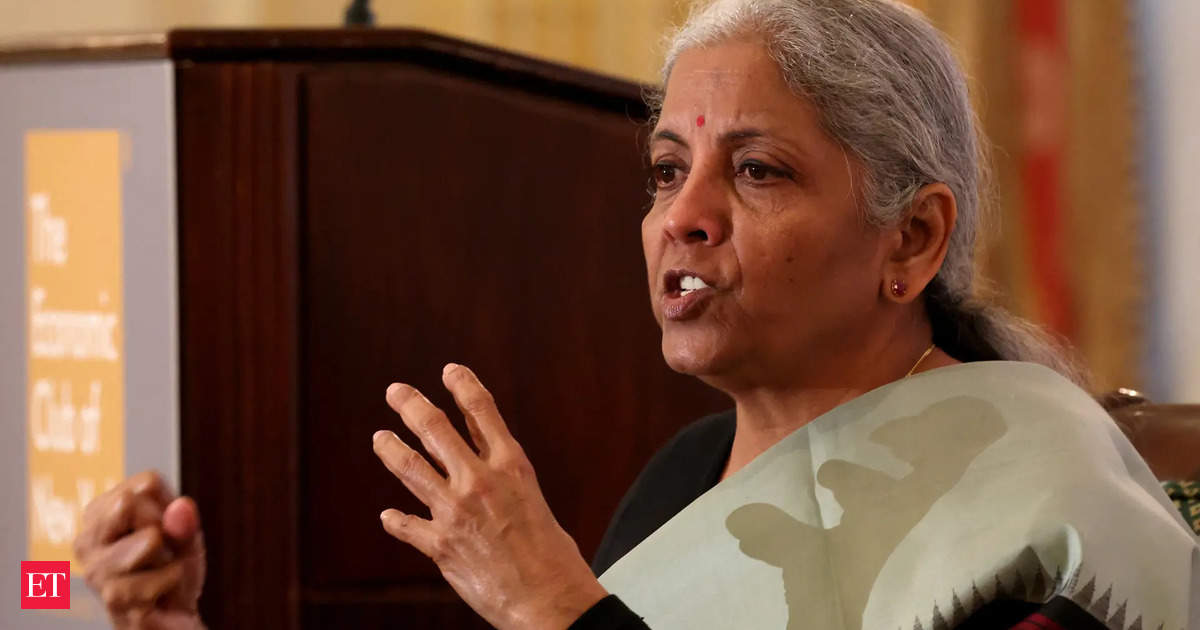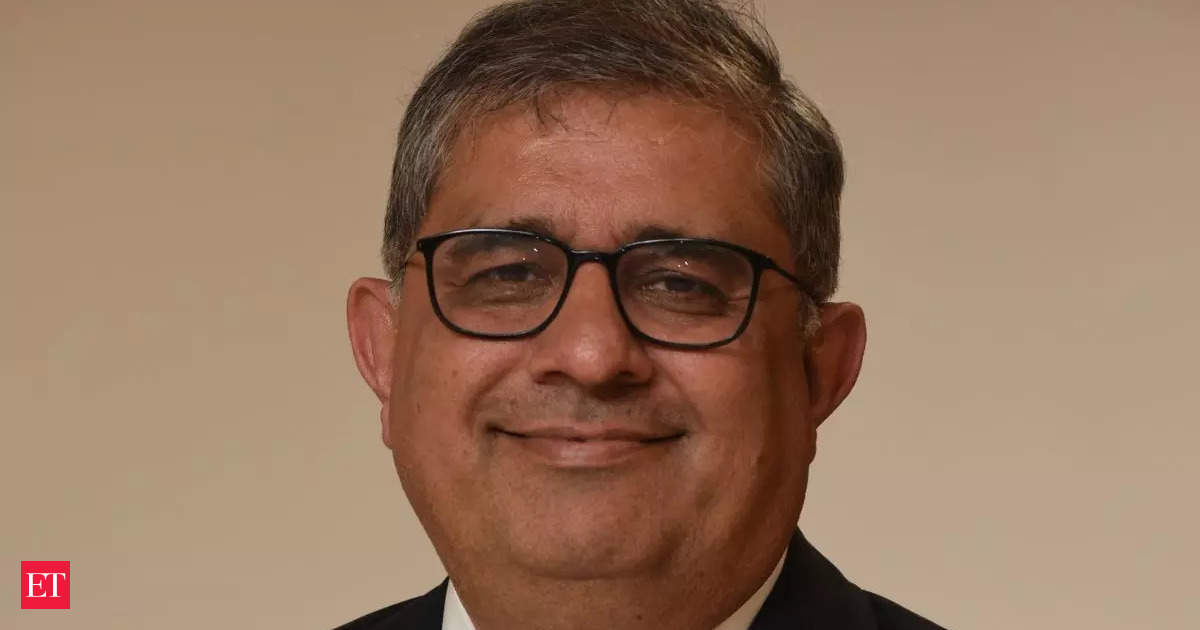The recent announcement by the Department of Pension and Pensioners’ Welfare (DoP&PW) has brought significant changes to the retirement landscape for Central Government employees in India. Under the new guidelines, employees covered under the National Pension System (NPS) can now opt for voluntary retirement after completing 20 years of service. This move aims to provide greater flexibility and options for employees planning their retirement. In this comprehensive blog post, we will delve into the details of this new policy, its implications, and the benefits it offers to Central Government employees.
Discover how Central Government employees can now opt for voluntary retirement under the National Pension System (NPS) after just 20 years of service. This comprehensive guide explores the new policy, eligibility criteria, benefits, and steps to apply. Learn how this change offers greater flexibility, financial planning opportunities, and career options for government workers. Stay informed about the latest updates and make the most of your retirement planning with our detailed insights. Unlock the secrets to early retirement and secure your financial future today!
Understanding the National Pension System (NPS)
The National Pension System (NPS) is a government-sponsored pension scheme launched in January 2004. It was introduced to replace the old pension scheme for new entrants to the Central Government service, except for the armed forces. The NPS is a defined contribution scheme, where both the employee and the employer contribute to the pension fund. The accumulated corpus is then used to provide a regular pension to the employee after retirement.
Key Features of NPS
- Defined Contribution Scheme: Unlike the old pension scheme, NPS is a defined contribution scheme where the pension amount depends on the contributions made by the employee and the employer, as well as the returns on the investments.
- Portability: NPS is portable across jobs and locations, making it a flexible option for employees who may change jobs or move to different parts of the country.
- Regulated by PFRDA: The Pension Fund Regulatory and Development Authority (PFRDA) regulates the NPS, ensuring transparency and security of the investments.
- Tax Benefits: Contributions to NPS are eligible for tax deductions under Section 80C and Section 80CCD of the Income Tax Act.
Voluntary Retirement Under NPS: New Guidelines
The new guidelines issued by the DoP&PW allow Central Government employees covered under NPS to opt for voluntary retirement after completing 20 years of service. Here are the key points of the new policy:
- Eligibility: Employees who have completed 20 years of regular service are eligible to opt for voluntary retirement.
- Notice Period: Employees must submit a written notice of at least three months to their appointing authority. If the authority does not decline the request during this notice period, the retirement will take effect once the notice period ends.
- Retirement Benefits: Voluntary retirees will be eligible for similar benefits as those retiring at the usual retirement age. This includes pension benefits as per the PFRDA rules.
Implications of the New Policy
The new policy has several implications for Central Government employees:
- Increased Flexibility: Employees now have the option to retire early if they wish to pursue other interests or personal commitments. This flexibility can lead to better work-life balance and overall well-being.
- Financial Planning: With the option to retire early, employees can plan their finances better. They can decide when to retire based on their financial goals and retirement corpus.
- Career Opportunities: Early retirement can open up new career opportunities for employees who wish to explore different fields or start their own ventures.
Benefits of Voluntary Retirement Under NPS
- Pension Benefits: Employees who opt for voluntary retirement will receive pension benefits as per the PFRDA rules. This includes a regular pension and the option to withdraw a lump sum amount from the accumulated corpus.
- Gratuity: Voluntary retirees are also eligible for retirement gratuity and death gratuity on the same terms and conditions as applicable under the CCS (Pension) Rules, 1972.
- Health Benefits: Retired employees can continue to avail health benefits under the Central Government Health Scheme (CGHS).
Steps to Opt for Voluntary Retirement
- Submit Notice: Employees must submit a written notice of at least three months to their appointing authority.
- Approval Process: If the appointing authority does not decline the request during the notice period, the retirement will take effect once the notice period ends.
- Withdrawal of Notice: Employees can withdraw their notice of voluntary retirement with special approval from the appointing authority, provided the request is made at least 15 days before the planned retirement date.
Effect of Early Retirement on Pension Calculations
Early retirement can significantly impact pension calculations in several ways:
- Reduced Pension Amount: When you retire early, you contribute to your pension for fewer years. This means the total amount accumulated in your pension pot will be smaller compared to if you had worked until the standard retirement age.
- Early Withdrawal Penalties: Many pension schemes apply a reduction factor for each year you retire early. For example, some schemes reduce the annual pension by a certain percentage (e.g., 5%) for each year you retire before the normal retirement age.
- Longer Retirement Period: Retiring early means your pension needs to last longer. This can lead to smaller annual payouts to ensure the pension pot lasts throughout your retirement.
- Impact on Final Salary Schemes: In final salary schemes, your pension is calculated based on your final salary and the number of years you were part of the scheme. Retiring early means fewer years of service, which directly reduces the pension amount.
- State Pension Considerations: If you retire before reaching the state pension age, you will not be able to claim your state pension until you reach the eligible age. This can affect your overall retirement income.
Some Strategies To Boost Pension Savings Before Retiring Early
Boosting your pension savings before retiring early is a smart move to ensure financial security. Here are some effective strategies to consider:
- Maximize Employer Contributions
If your employer offers a workplace pension scheme, make sure you’re contributing enough to get the maximum employer match. This is essentially free money added to your pension pot.
- Increase Personal Contributions
Consider increasing your own contributions to your pension. Even a small increase can significantly boost your savings over time due to compound interest.
- Use Tax Reliefs
Take full advantage of tax reliefs available on pension contributions. In many countries, contributions to pension schemes are tax-deductible, which can reduce your taxable income.
- Make Use of Carry Forward
If you haven’t used your full annual pension allowance in previous years, you might be able to carry forward unused allowances from the past three years. This can allow you to make larger contributions in the current year.
- Diversify Investments
Ensure your pension investments are diversified. This can help manage risk and potentially increase returns. Consider a mix of stocks, bonds, and other assets.
- Delay Taking Your Pension
If possible, delay taking your pension. The longer your money stays invested, the more it can grow. Delaying retirement by even a few years can significantly increase your pension pot.
- Consider Additional Pension Schemes
You can open additional pension schemes or personal pension plans to supplement your workplace pension. This can provide more flexibility and additional savings.
- Review and Adjust Your Investment Strategy
Regularly review your investment strategy and adjust it according to your risk tolerance and retirement goals. As you get closer to retirement, you might want to shift to more conservative investments to protect your savings.
- Seek Professional Advice
Consulting with a financial advisor can provide personalized strategies tailored to your financial situation and retirement goals. They can help you navigate complex pension rules and optimize your saving.
- Monitor and Reduce Fees
High fees can erode your pension savings over time. Make sure you’re aware of the fees associated with your pension plan and look for ways to reduce them, such as switching to lower-cost funds.
- Make Lump-Sum Contributions
If you receive a bonus or any other windfall, consider making a lump-sum contribution to your pension. This can give your savings a significant boost.
- Stay Informed
Keep yourself informed about changes in pension regulations and tax laws. Staying updated can help you take advantage of new opportunities to boost your savings.
Conclusion
The new guidelines allowing Central Government employees to opt for voluntary retirement under NPS after 20 years of service is a significant step towards providing greater flexibility and options for employees. This policy not only benefits the employees by offering them the freedom to retire early but also helps in better financial planning and career opportunities. With the option to retire early, employees can now plan their retirement based on their personal and financial goals, leading to a more fulfilling and balanced life.
Frequently Asked Questions
- What is the new voluntary retirement policy for Central Government employees under NPS?
The new policy allows Central Government employees covered under NPS to opt for voluntary retirement after completing 20 years of service.
- Who is eligible for voluntary retirement under this new policy?
Employees who have completed 20 years of regular service are eligible to opt for voluntary retirement under the new guidelines.
- What is the notice period required for opting for voluntary retirement?
Employees must submit a written notice of at least three months to their appointing authority.
- What happens if the appointing authority does not respond to the retirement notice?
If the appointing authority does not decline the request during the notice period, the retirement will take effect once the notice period ends.
- Are voluntary retirees eligible for pension benefits?
Yes, voluntary retirees will receive pension benefits as per the PFRDA rules, including a regular pension and the option to withdraw a lump sum amount from the accumulated corpus.
- Will voluntary retirees receive gratuity benefits?
Yes, voluntary retirees are eligible for retirement gratuity and death gratuity on the same terms and conditions as applicable under the CCS (Pension) Rules, 1972.
- Can employees withdraw their notice of voluntary retirement?
Yes, employees can withdraw their notice of voluntary retirement with special approval from the appointing authority, provided the request is made at least 15 days before the planned retirement date.
- How does early retirement affect the pension amount?
Early retirement can reduce the pension amount as the total contributions and the investment period are shorter, leading to a smaller accumulated corpus.
- Are there any penalties for taking early retirement?
Some pension schemes may apply a reduction factor for each year you retire early, which can reduce the annual pension amount.
- What are the benefits of opting for voluntary retirement under NPS?
Benefits include receiving pension and gratuity benefits, having the flexibility to retire early, and the ability to plan finances and career opportunities better.
-
Microsoft sacks two employees on call for organising vigil for Palestinians killed in Gaza war
IT giant Microsoft sacked two employees on call after they organised an unauthorised vigil at the company’s headquarters for Palestinians killed in Gaza during Israel’s war with Hamas, reported news …
-
Don’t Miss Out! How Senior Citizens Can Easily Submit Their Life Certificate Online
Introduction In India, senior citizens who receive pensions are required to submit a life certificate, known as the Jeevan Pramaan certificate, annually to ensure the continued disbursement of their pension. …
-
Can the Second Wife Claim a Deceased Government Employee’s Pension?
Family pension rules can be challenging, especially when it involves the second wife of a deceased government employee. This comprehensive guide aims to provide clarity on this topic, ensuring you …
-
Axis Bank re-appoints Amitabh Chaudhry as MD & CEO of bank for 3 years
Axis Bank on Thursday reappointed Amitabh Chaudhry as the Managing Director and Chief Executive Officer of the bank for the next three years starting January 1, 2025.
-
Road ready for multilateral banks to meet funding needs: Finance Minister Nirmala Sitharaman
Finance MinisterNirmala Sitharamanhas said a “pathway has been successfully built” to enable multilateral development banks (MDBs) to better address global challenges and financing requirements.. Participating in the fourth meeting of …
-
Overhang for Axis Bank over, Amitabh Chaudhry secures re-appointment from RBI
MUMBAI: Private sector lenderAxis Bankon Thursday said that theReserve Bank of Indiahas approved there-appointmentof its chiefAmitabh Chaudhryfor three years. The bank’s board had applied in April to the RBI to …






